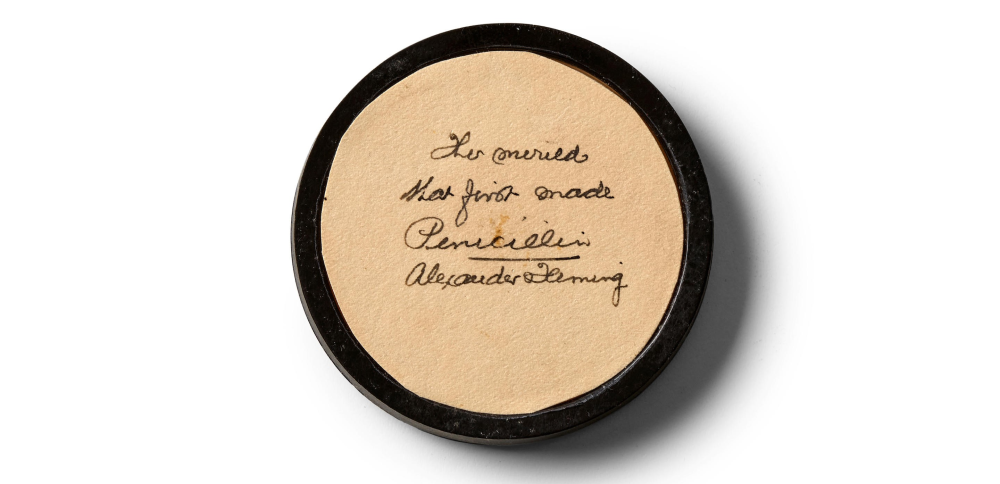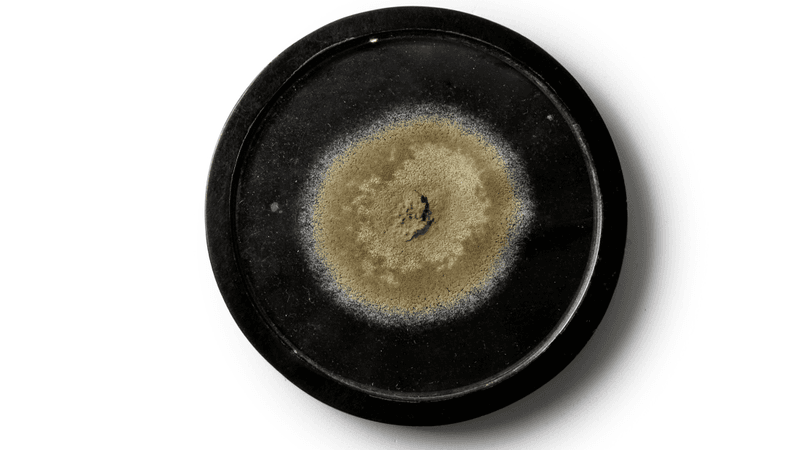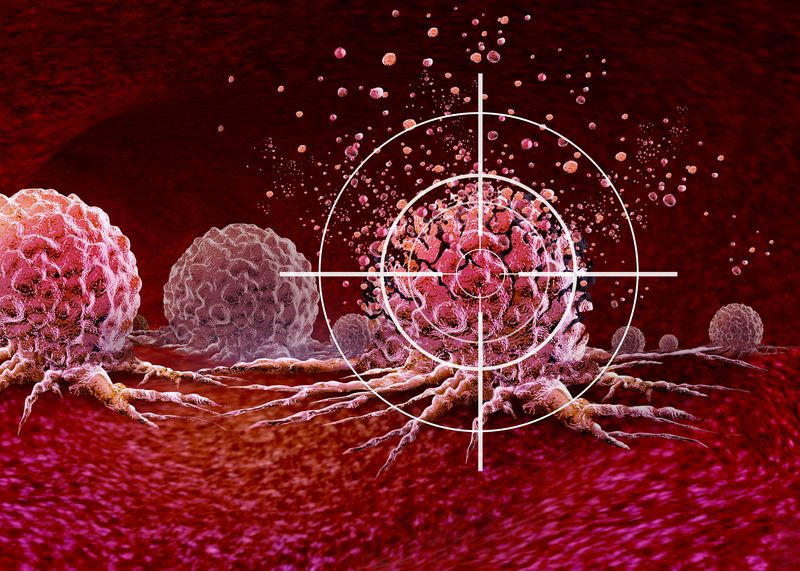In a record-breaking sale, a specimen of mold from the original experiments that led to Alexander Fleming’s world-changing discovery of penicillin has scooped $76,000 at auction.
Many were excited for the sale, which was predicted to come in at closer to $50,000 earlier this year – but instead, the “mold medallion” set a world record at auction house Bonham's History Of Science And Technology sale on October 23.
As a quick recap, Fleming’s discovery that changed the future of medicine all came down to an unexpected visitor while he was on holiday. Like all normal scientists, he had left home with a few Petri dishes of Staphylococcus bacteria lying around. When he returned, one had sprouted a bit of mold – and he noticed that the presence of the mold seemed to be preventing the growth of bacteria around it.
The chance encounter led to his discovery that it was the mold itself producing a kind of self-defense chemical that prevented bacterial growth, and he named the bug-busting substance penicillin. His work led to the creation of antibiotics, which have been preventing deaths from infection ever since.
It was a big day in medical history, and one that we can still remember thanks to several mold medallions that have survived from his early work. There have been a few sales to date, but this latest one scooped the largest amount of money at a staggering $76,000.

"Fleming's discovery of penicillin changed the course of human history – for the first time furnishing medicine with the ability to completely cure many diseases and infections," Darren Sutherland, Bonhams' Senior Specialist of Fine Books and Manuscripts in New York, commented in a statement.
"As part of one of the most important medical advancements which has saved an incalculable number of lives, it is no wonder that the current sample of Fleming's wonder drug attracted interest from around the world and set a world auction record for a Fleming mold medallion."
It’s been a big year for world-record auctions in scientific knickknacks. Back in July, Apex the stegosaurus went for an incredible $44.6 million at auction, topping the previous record holder – Stan the T. rex – by over $10 million.
Some have argued that such treasures shouldn’t be going to the highest bidder in the interests of keeping relics within reach of academia, an argument that seems to be increasingly relevant for the sky-high prices of paleontology finds.
And if anyone out there is looking to score some mold of their own, may I direct you to the back of my cabinets?





